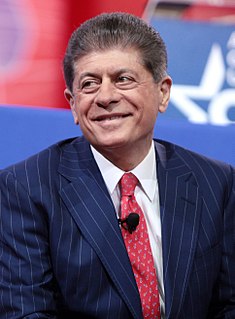A Quote by John C. Calhoun
The object of a Constitution is to restrain the Government, as that of laws is to restrain individuals.
Quote Topics
Related Quotes
Does the U.S. Constitution stand for anything in an era of government excess? Can that founding document, which is supposed to restrain the power and reach of a centralized federal government, slow down the juggernaut of czars, health insurance overhaul and anything else this administration and Congress wish to do that is not in the Constitution?
Constitutions are violated, and it would be absurd to expect the federal government to enforce the Constitution against itself. If the very federal judges the Constitution was partly intended to restrain were the ones exclusively charged with enforcing it, then "America possesses only the effigy of a Constitution." The states, the very constituents of the Union, had to do the enforcing.
But did the Founding Fathers ever intend for the federal government to involve itself in education, health care or retirement benefits? The answer, quite clearly, is no. The Constitution, in Article I, Section 8 - which contains the general welfare clause - seeks to restrain federal government, not expand it.
Unruly beings are as unlimited as space They cannot possibly all be overcome, But if I overcome thoughts of anger alone This will be equivalent to vanquishing all foes. Where would I possibly find enough leather With which to cover the surface of the earth? But (wearing) leather just on the soles of my shoes Is equivalent to covering the earth with it. Likewise it is not possible for me To restrain the external course of things; But should I restrain this mind of mine What would be the need to restrain all else?











































